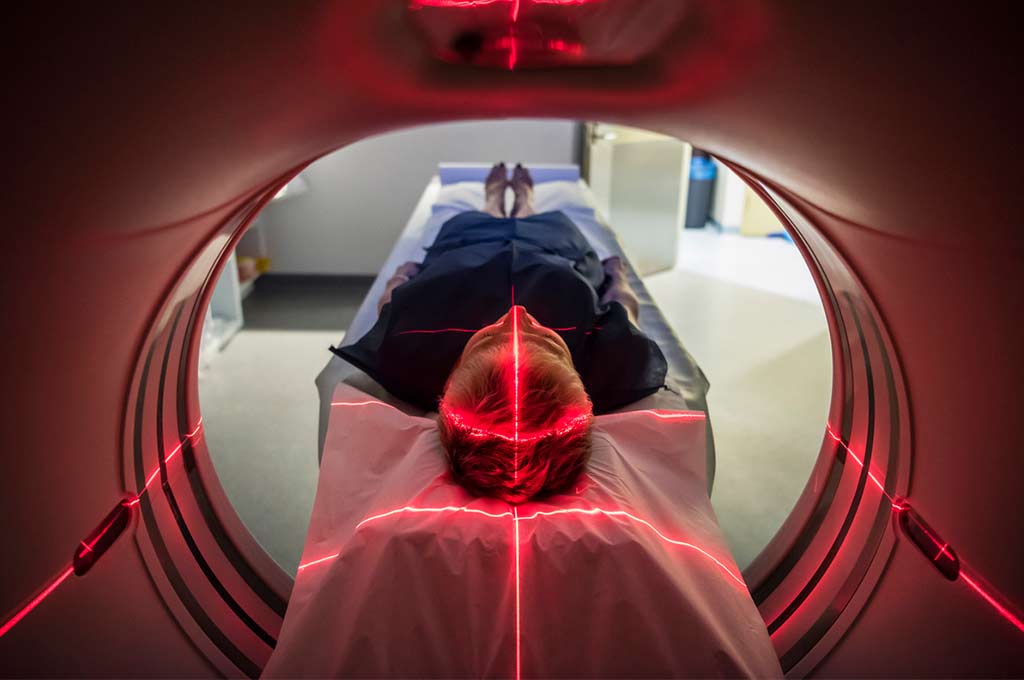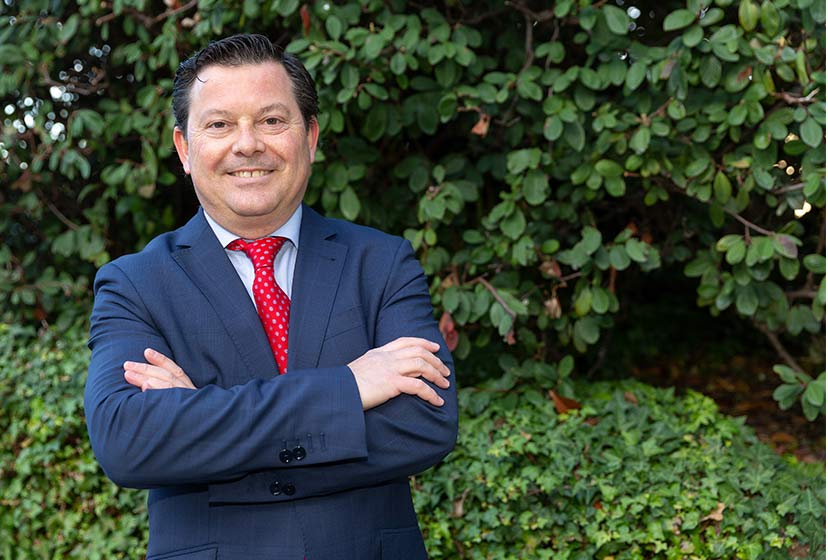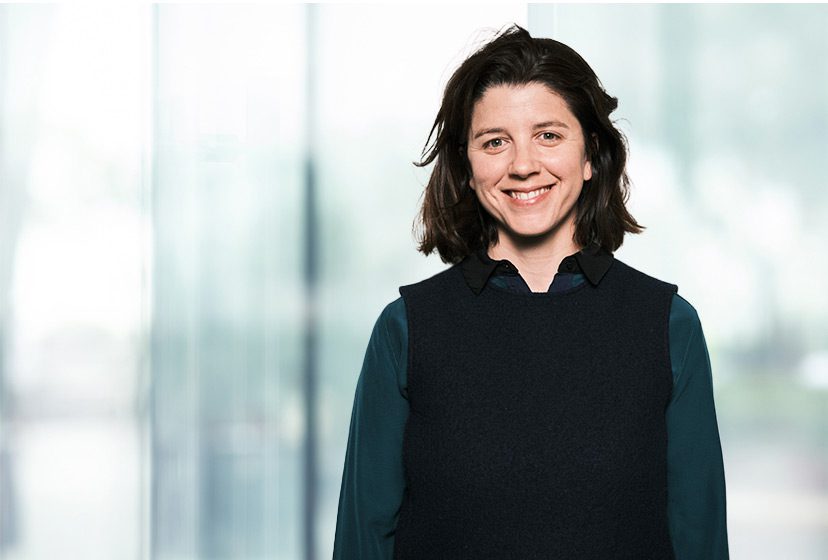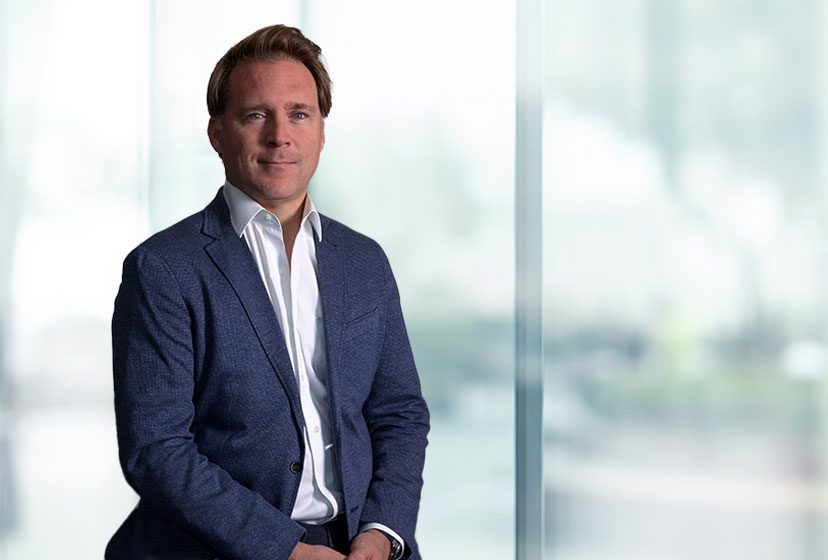
IESE Insight
Transforming health: how a researcher, an entrepreneur and an investor are making a difference
As healthcare emerges as a top sector for investment, here’s how a researcher, an entrepreneur and an investor are working to develop breakthrough solutions for patients.
Healthcare is one of the most targeted sectors for new investment, according to IESE’s biennial study of international search funds — investment vehicles used by entrepreneurs to raise private equity and acquire promising new ventures.
Healthcare also accounted for 16% of new generation startups in Spain and Portugal, according to the latest study by CaixaBank in collaboration with IESE.
Moreover, several recent initiatives have been launched to bring together startups, investors and experts in entrepreneurship and innovation with clinicians and other stakeholders in the healthcare sector, such as the Health Startup Forum, organized by the University of Navarra Incubator and the Clínica Universidad de Navarra, and the Venture Capital in Healthcare roundtable, organized by the IESE Alumni Healthcare Chapter.
This is on top of IESE Executive Education programs designed specifically for those managing hospitals and healthcare institutions or working in pharmaceutical labs.
Below, read the stories of three people who are trying to make a difference.

THE RESEARCHER: Gabriel Canel (pictured) is Director of the Research Support Service and the Central Unit for Clinical Trials at the Clínica Universidad de Navarra in Spain.
Gabriel Canel: “The biotech ecosystem has experienced significant fragmentation”
The Clínica Universidad de Navarra is one of the leading hospitals in Spain specializing in early-stage clinical research, particularly Phase 1 trials to test the safety of new drugs. “These trials are the most complex, requiring close monitoring and rigorous data collection,” says Gabriel Canel, who heads the Research Support Service at the Clínica as well as its Central Unit for Clinical Trials, which celebrated its 10th anniversary in 2024. “We support small biotech companies in conducting their clinical trials.”
This marks a significant shift from two decades ago, when most clinical trials were conducted by a few large laboratories. Over the years, “the biotech ecosystem has experienced significant fragmentation,” says Canel. “Now we see a proliferation of small biotech companies.”
More than 70% of the Central Unit’s clinical trials are for cancer research, mainly in these groundbreaking new areas:
- Proton therapy. This less invasive, more precise form of radiotherapy targets the cancer and not the surrounding healthy tissue. It is currently only available in two centers in Spain.
- Immunotherapy. Based on boosting the body’s own natural immune system to fight cancer, this has been one of the fastest-growing therapeutic areas over the past decade.
- CAR-T cell therapy. Chimeric antigen receptors (CARs) are receptor proteins that have been genetically engineered to program a patient’s T cells to recognize and target cancer cells and destroy them. Patients, in effect, attack their own tumors, thanks to this innovative combination of cell therapy and gene therapy, which has been shown to be particularly effective in patients with certain types of leukemias, lymphomas and myelomas.
The Clínica Universidad de Navarra is at the forefront of personalized medicine, incorporating genetic analyses of each patient into the design of its clinical trials. As Canel explains, “This enables us to identify specific mutations and determine which patients are ideal candidates for certain treatments.”
The Central Unit also aims to use more artificial intelligence (AI) in oncology research. As such, the Unit works with international platforms to help structure and standardize the clinical data so that its utility can be maximized in subsequent studies — an ongoing challenge for the sector.
International collaboration is also essential given that “many of the small biotech firms for which we conduct their early-phase trials are then acquired by large pharmaceutical companies to scale their projects.”
As the Clínica slogan puts it: “Together we are stronger.”

THE ENTREPRENEUR: Marina Rigau (pictured) is the CEO and Co-founder of MiMARK Diagnostics.
Marina Rigau: “Today a gap remains in women’s health”
As with any cancer, early detection is crucial, but it’s even more important for gynecological malignancies. “Today a gap remains in women’s health,” says Marina Rigau. “A clear example is endometrial cancer, whose mortality rates have increased in comparison with the average for other types of cancer.”
To tackle this, Rigau founded MiMARK Diagnostics as a spin-off from the Vall d’Hebron Research Institute in Barcelona, where she earned her PhD in biomedicine. Her mission: to improve diagnostics for rapid and reliable detection of gynecological malignancies via uterine fluid before tissue or cellular biopsies. This can provide highly accurate diagnoses (with 99% sensitivity) of endometrial cancers in patients with suspicious symptoms like abnormal bleeding, quickly ruling out those who don’t have cancer. The relevance is enormous, considering that currently only 10% of post-menopausal women with abnormal bleeding actually have endometrial cancer.
Liquid biopsies, she believes, are the future. Rigau previously worked on a project using urine for the early detection of prostate cancer. And she also served on the board of Amadix, which uses blood tests in molecular cancer diagnostics.
It’s a long process to transform research into a viable diagnostic solution. Following early promising results, MiMARK Diagnostics is now in the clinical validation stage during which they are working to standardize the collection of fluid samples, in order to ensure reliable, reproducible results in different settings.
Rigau credits the help of “a multidisciplinary team who can adapt to the different stages of development and commercialization.” She also values the input of institutions like IESE, where she did an Executive MBA, for offering startups like hers the experience of those who have been through the same process as well as established models that can be adapted to her context.
In 2023, MiMARK Diagnostics received €2.5 million from the European Innovation Council (EIC) Accelerator, which provides funding for disruptive technology projects with high impact potential. Receiving this grant “put us in an entirely different league,” says Rigau. During the same year, they also closed their first private-equity round, with €1.7 million.
With endometrial cancer being the fourth most common and sixth most deadly for women, a new, less invasive, faster and more cost-efficient diagnostic tool would be transformational.

THE INVESTOR: Josep Lluis Sanfeliu (pictured) is Co-founder and Managing Partner of Asabys, and was Co-founder of Ysios Capital.
Josep Lluis Sanfeliu: “We must continue to envision disruptive scientific solutions”
Josep Lluis Sanfeliu has dedicated his career to connecting unmet medical needs with exceptional solutions. First with Ysios Capital and now with his venture capital firm Asabys, Sanfeliu supports disruptive hybrid projects in biotech and healthtech — the only VC firm in Spain and one of the few in Europe to do so.
To date, Asabys has raised funds totaling €300 million in Assets Under Management (AUM), mainly targeting oncology, cardiovascular diseases, obesity and neurological disorders, among other unmet medical and pathological needs. “These represent the biggest global challenges, both clinically and market-wise,” he explains.
Asabys’ investments cover classic molecular biology and pharmaceuticals as well as medtech, where artificial intelligence (AI) is revolutionizing drug and healthtech development, device engineering and advanced materials innovation. “This reflects the trend of more deep tech in life sciences,” he says.
Examples include Ona Therapeutics, developing antibody drug conjugates (ADCs) for cancer patients; SpliceBio, focusing on gene therapies; Inbrain Neuroelectronics, a graphene-based brain-computer interface for treating diseases like Parkinson’s; and Medasense, using AI to accurately measure the level of pain a body experiences under anesthesia in the operating room in order to optimize care and not overmedicate the patient.
Although some of these technologies may never reach the market stage, Sanfeliu believes there is long-term value in financing disruptive science that pushes the boundaries and opens up new avenues for potentially improving patients’ lives.
Sanfeliu previously worked as director of investments and corporate development at the pharmaceutical company Almirall. Doing the Global Executive MBA at IESE, he says, tapped into his entrepreneurial drive: “I left the program brimming with confidence.” He subsequently co-founded Ysios Capital, where he led healthtech investments for a decade before co-founding Asabys with partner Clara Campas.
With growing numbers of VC funds, startups and private equity investment in the fields of biotech and biomedicine, Sanfeliu feels the sector is reaching a point of maturity, and this encourages him to redouble his commitment: “We must continue to envision disruptive scientific solutions with clinical rigor, the patient perspective and global reach.”
This article is published in IESE Business School Insight magazine #169 (Jan.-April 2025).
READ ALSO:
3 factors to boost everyone’s well-being at work
Keys to confronting crises, from a hospital fighting COVID-19
